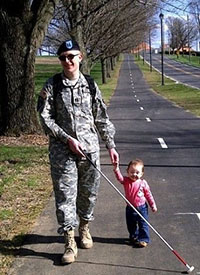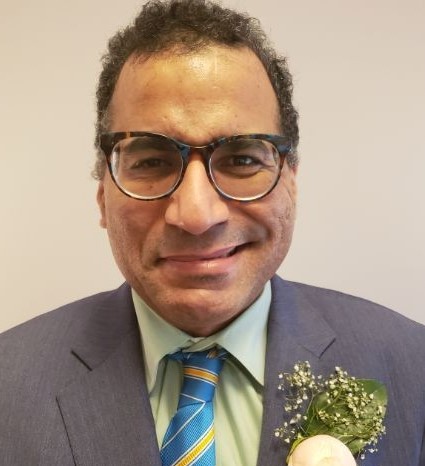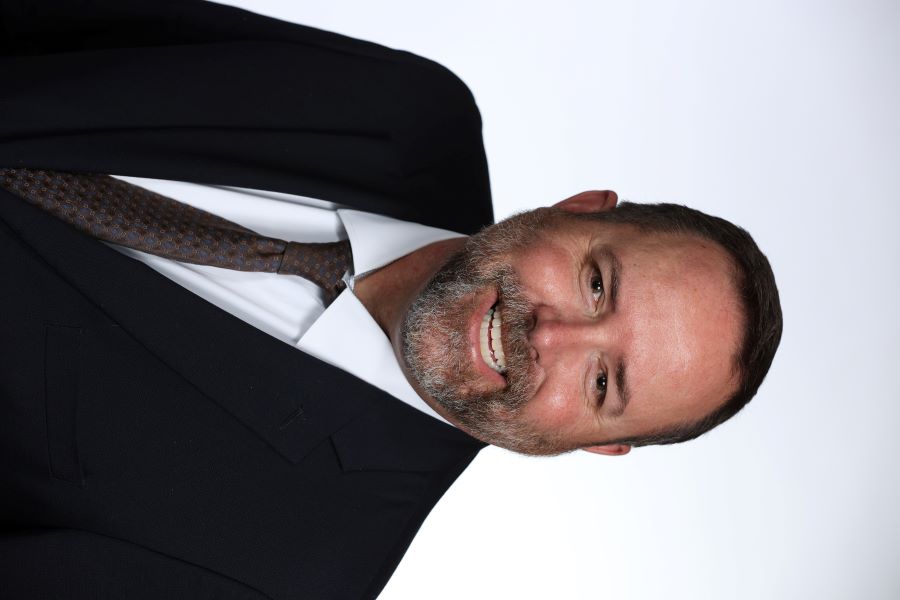The American Foundation for the Blind is concerned that the extensive and rapid downsizing at the US Department of Education could harm the services, funding, and civil rights protections that people who are blind, have low vision, or are deafblind rely on. The Department plays a critical role in enforcing rights and funding services required by the Individuals with Disabilities Education Act (IDEA) and the Rehabilitation Act. In 2021, more than 7.7 million children received services through IDEA.
Over the years, we have published a great deal of material related to employment in our AccessWorld magazine. Though much of the content we have published is time specific, there are still many articles with information and advice still of use today. Historically, we published a column in AccessWorld titled Employment Matters, now our Employment Journeys series, which detailed the life and work of people who are blind and or low vision and successfully employed.
One of our goals at AFB is to promote wide spread high-level change in society for people who are blind or have low vision. One way we do so, in the Digital Inclusion space in particular, is by encouraging the employment of people who are passionate and knowledgeable about accessibility in the technology industry.
The Blind Leaders Development Program was created in 2019 and produced its first graduating class in 2021. Since then, the program has seen a steady rise in both applicants as well as fellows and mentors. The third cohort begins this summer, and the positive results of the program are already being realized.
[Editor’s Note: The following post comes from Chris Fendrick, a fellow in the Centennial Cohort of the Blind Leaders Development Program, and the second of a two-parter. His first entry describes the program; Part 2 recaps the AFB Leadership Conference.]
[Editor’s Note: The following post comes from Chris Fendrick, a fellow in the Centennial Cohort of the Blind Leaders Development Program, and is Part 1 of a two-parter.]
[Editor’s Note: The following post comes from Laurie Alice Eakes, a mentor in the Centennial Cohort of the Blind Leaders Development Program.]




